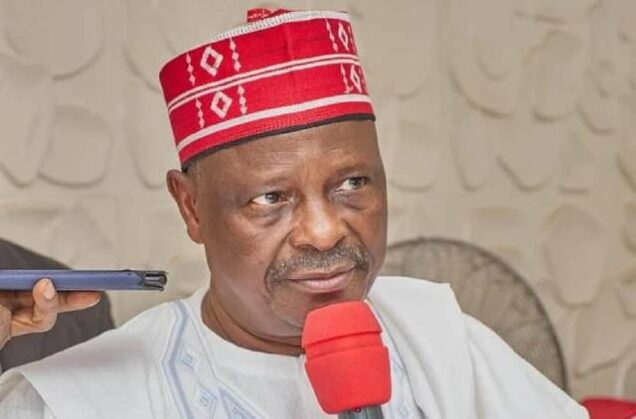By Ismaeel Aleem
The 2023 presidential candidate of the New Nigeria Peoples Party (NNPP), Senator Rabi’u Musa Kwankwaso, has declared that the party is open to forming alliances or mergers with any political party or individual that aligns with its vision of a prosperous Nigeria and prioritises the welfare of the masses.
Kwankwaso made this known in an interview with BBC Hausa, where he emphasised that any political collaboration must be based on mutual respect, shared values, and genuine commitment to improving the lives of Nigerians.
“We’re ready for anyone, whether it is the APC, PDP, ADC, Jonathan, or Peter Obi. If we are satisfied with their competence and integrity, we will join forces to achieve success,” the former governor of Kano State stated. “But whoever we align with must be committed to improving the lives of Nigerians. If they fail to meet our expectations, we will not continue with them.”
He explained that the NNPP had evolved into a formidable national movement after fielding candidates across all states in the 2023 general elections. According to him, the party’s growing influence positions it as a key player capable of shaping Nigeria’s political direction in the coming years.
Kwankwaso also hinted at the possibility of the NNPP collaborating with the ruling All Progressives Congress (APC), noting that such a partnership would only be considered if it offers “tangible value” to the NNPP’s political structures and candidates.
“The NNPP is not desperate for alliances,” he added. “Any agreement must bring real benefits to our members and contribute to national progress.”
In a sharp criticism of the political class, Kwankwaso accused Nigeria’s elite of being disconnected from the realities faced by ordinary citizens. He lamented that many politicians live in luxury in Abuja while millions of Nigerians continue to grapple with poverty, unemployment, and insecurity.
Observers say Kwankwaso’s latest remarks could reignite discussions about potential political realignments ahead of the 2027 general elections, especially as parties begin to reposition themselves for future contests.



